The QCTO have a set published eLearning Standards and in part 1 of this article, we discussed the first 6 Standards. In this article, we will look at Standards 7 to 12. You can download the QCTO’s standards via this link.
eLearning Standard 7: Plagiarism
“Effective systems are put in place to ensure that a) cases of plagiarism are detected and b) the right learners are rewarded .”
There are many applications and plugs-in available to monitor digitally submitted projects for plagiarism. When choosing your Learning Management System, make sure it has sufficient functionality to meet your needs for plagiarism monitoring. It has certainly become far simpler to track a digitally submitted project for plagiarism than one handed in on paper.
The QCTO does stress however, that only low-stakes assessments can be carried out via e-assessment. Assessments such as the EISA still require in-person assessment.
eLearning Standard 8: Assessment and Evaluation
‘Assessment and evaluation are essential features of the teaching/learning process which is properly managed and reflect institutional, and national standards. Assessment and Evaluation are based on the stated programme objectives”
Online assessments can hugely simplify and improve the assessment process for both students and SDP’s in the OQSF space. Good Learning Management Systems offer a wide variety of assessment types to ensure that the entire portfolio of evidence can be created electronically. This hugely simplifies the submission, grading and data storage processes.
When it comes to qualifications with a large practical component, the QCTO is very clear that final summative determination of competence is not yet amendable to e-assessment. A theoretical understanding of making something does not constitute competence in Occupational Qualifications.
eLearning Standard 9: At-risk learners
“The Skills Development Provider (SDP) tracks learners in order to identify at-risk learners and provide support before they drop out or fail.”
As eLearning providers, we build tracking of at-risk learners into our development processes. The first process would be ensuring that continuous, automated monitoring points are built into the instructional design of your programme. This could include weekly short assessments and specific deadlines dates for activities. The second process would be standard, regular monitoring and tracking mechanisms built into each programme which would flag at-risk learners on a regular basis. This may sound complicated, but all it means is that you make full use of the automated tools available to you in your Learning Management System and ensure that no one fall’s through the cracks.
eLearning Standard 10: Advertising of programmes
“A high degree of professionalism and ethics is exercised in the advertising of programmes by the Skills Development Provider. Information provided to potential learners is true and not misleading”
The QCTO asks you to be clear, consistent, and honest when communicating with learners, with clear and simple documentation. This is applicable whether you are advertising online or by any other means.
eLearning Standard 11: Relationships for mutual benefit
“Institutional Partnerships and Collaborative relationships for mutual benefits are in place. (Not mandatory, but encouraged, where possible).”
We here at Quay Group are a full-service eLearning agency that works with SDP’s throughout the entire eLearning journey. eLearning as a function has many moving parts and requires a service provider with a diverse set of skills. We work with your team to plan and strategize, write processes, choose appropriate systems, design and develop your eLearning programmes, train your team, host and maintain your systems and provide ongoing support for staff and learners.
eLearning Standard 12: Continuous development of programmes
“Continuous development of educational programmes and services are influenced by research.”
“eLearning is an evolving space”. Plan for at least a 12 to 24-month review of each programme. eLearning is a rapidly changing field and as provider, you should be agile enough to upgrade your programmes as new practices are developed or uncovered.
So, let us recap the QCTO’s 12 eLearning standards:
1. Have a vision and mission
2. Plan
3. Implement processes
4. Develop quality programmes
5. Train your team
6. Support your learners
7. Manage plagiarism
8. Ensure authentic Assessment and Evaluation
9. Have processes to identify at-risk learners
10. Ensure professionalism and ethics in advertising
11. Invest in Institutional Partnerships and Collaborative relationships
12. Ensure continuous development of programmes










